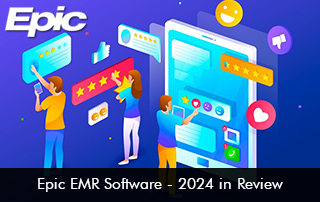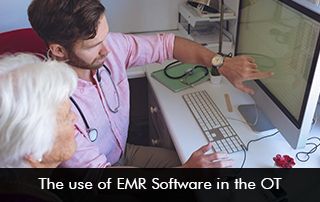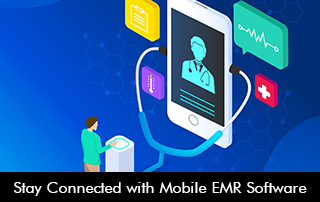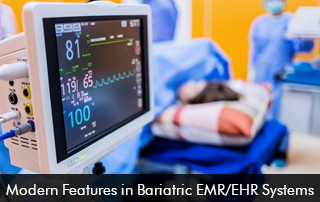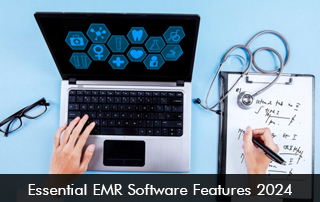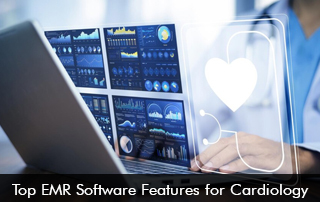Epic EMR Software – 2024 in Review
In 2024, Epic EMR software remained at the forefront of changes in the industry. Known for its powerful capabilities and extensive customization options, Epic is used by hospitals, clinics, and healthcare providers globally. This review looks back at the key highlights, updates, and user experiences with Epic EMR software in 2024. Epic EMR Software - [...]


